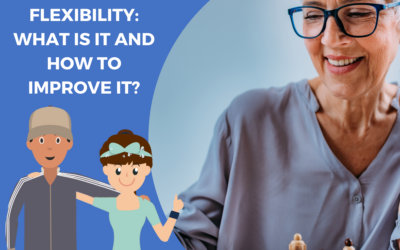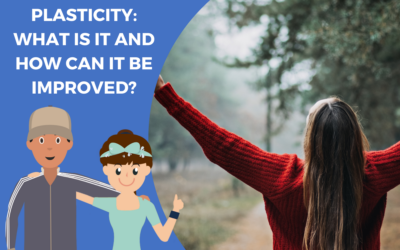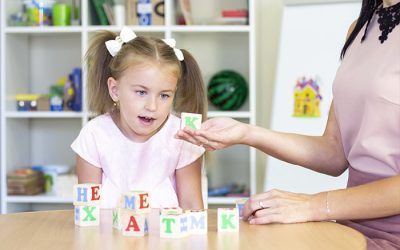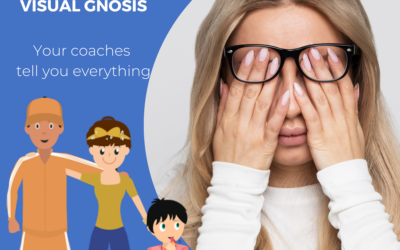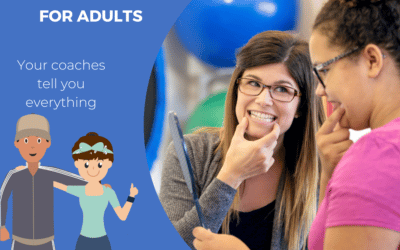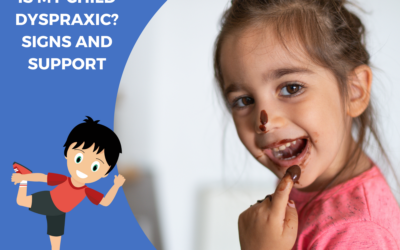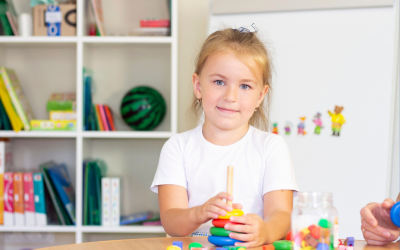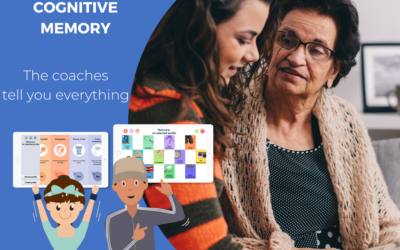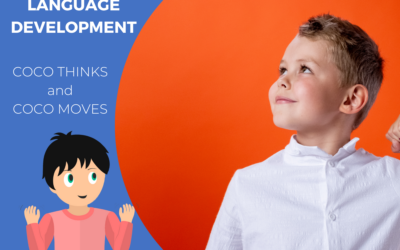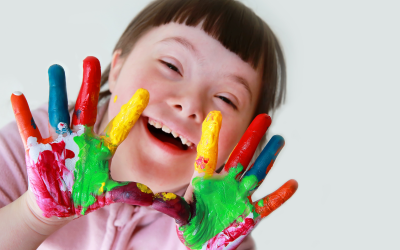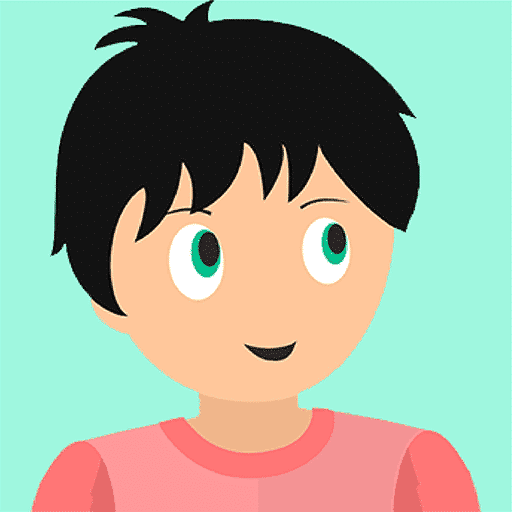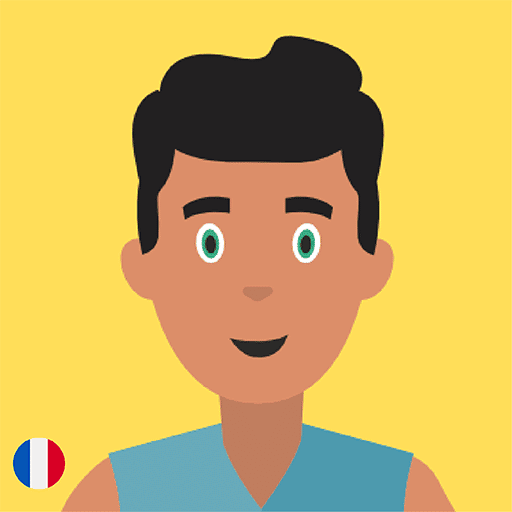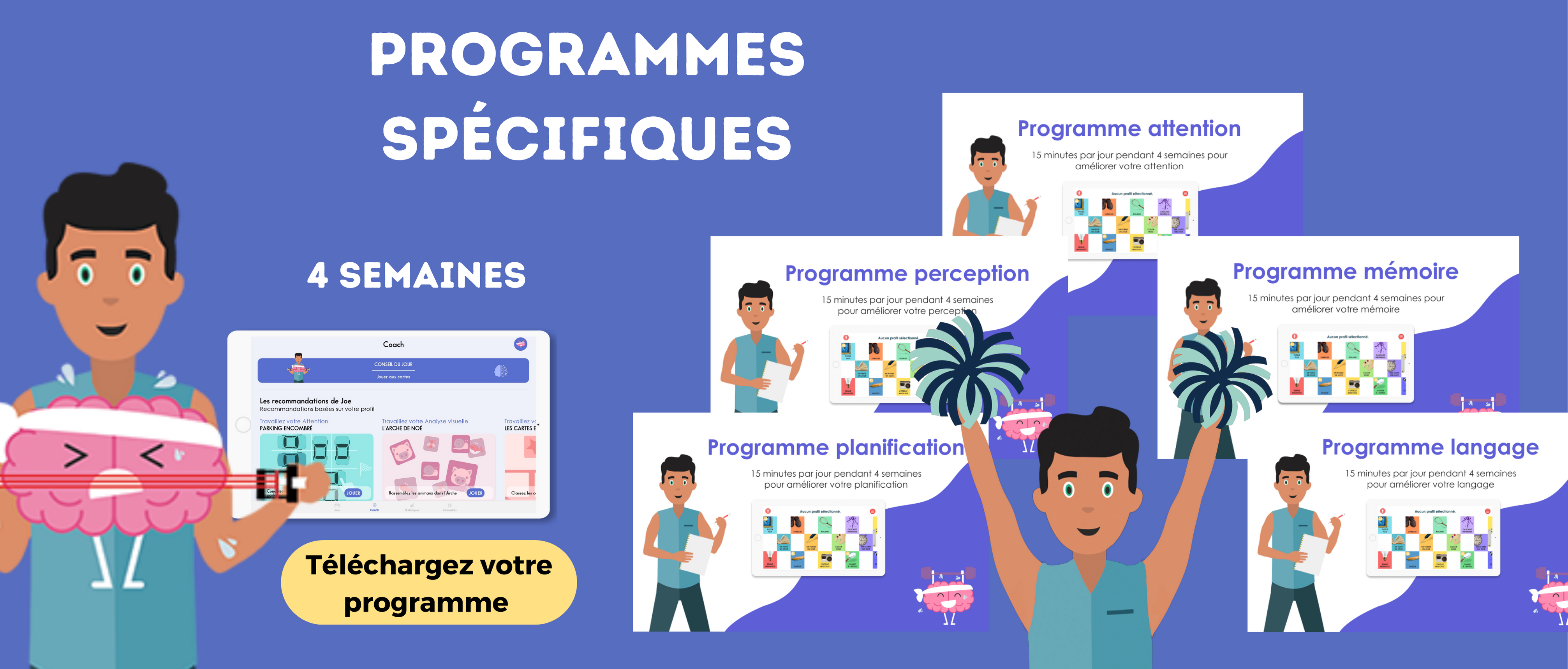The toolbox
coaches
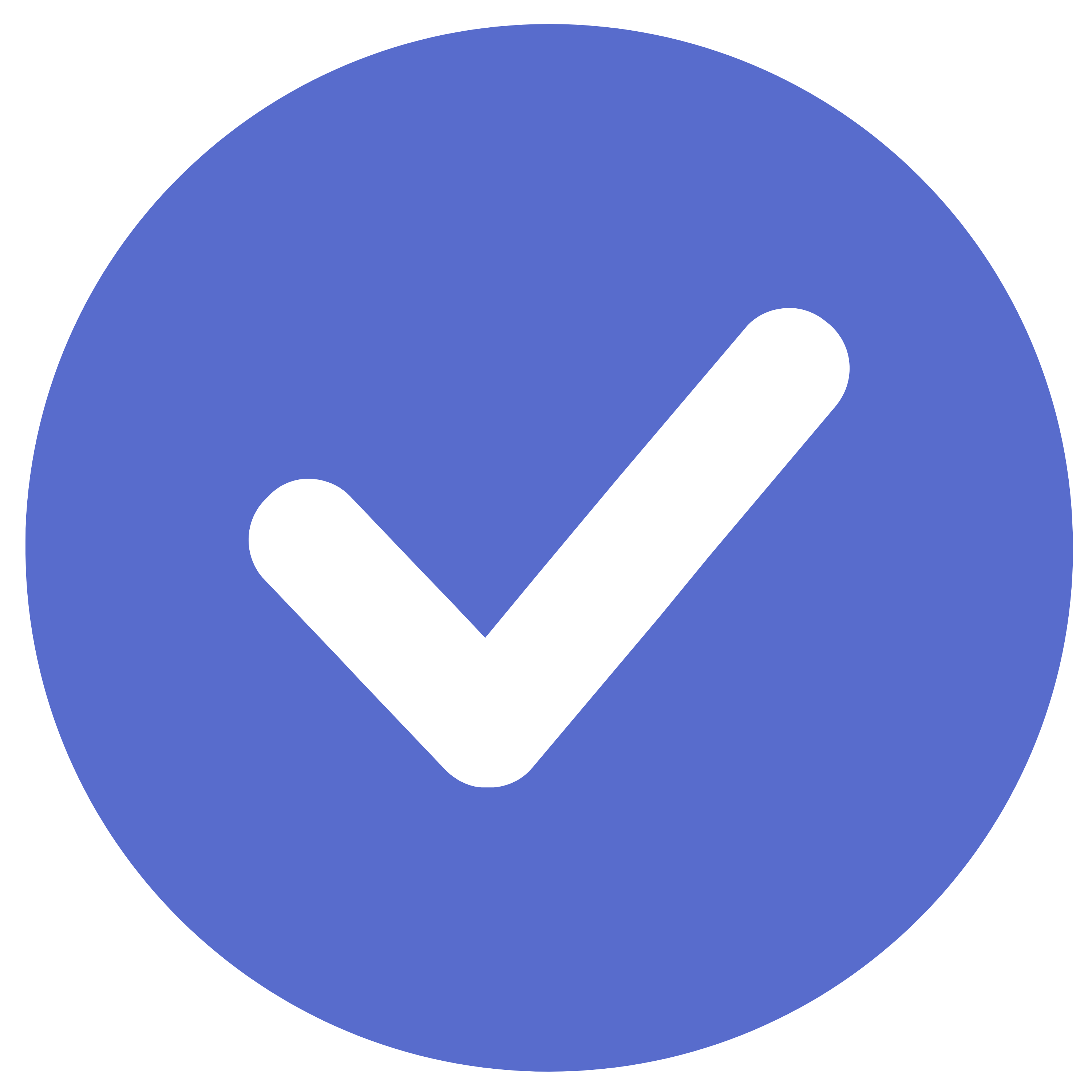
Find all our resources and tools for taking care of yourself and your loved ones.

Practical guides and advice
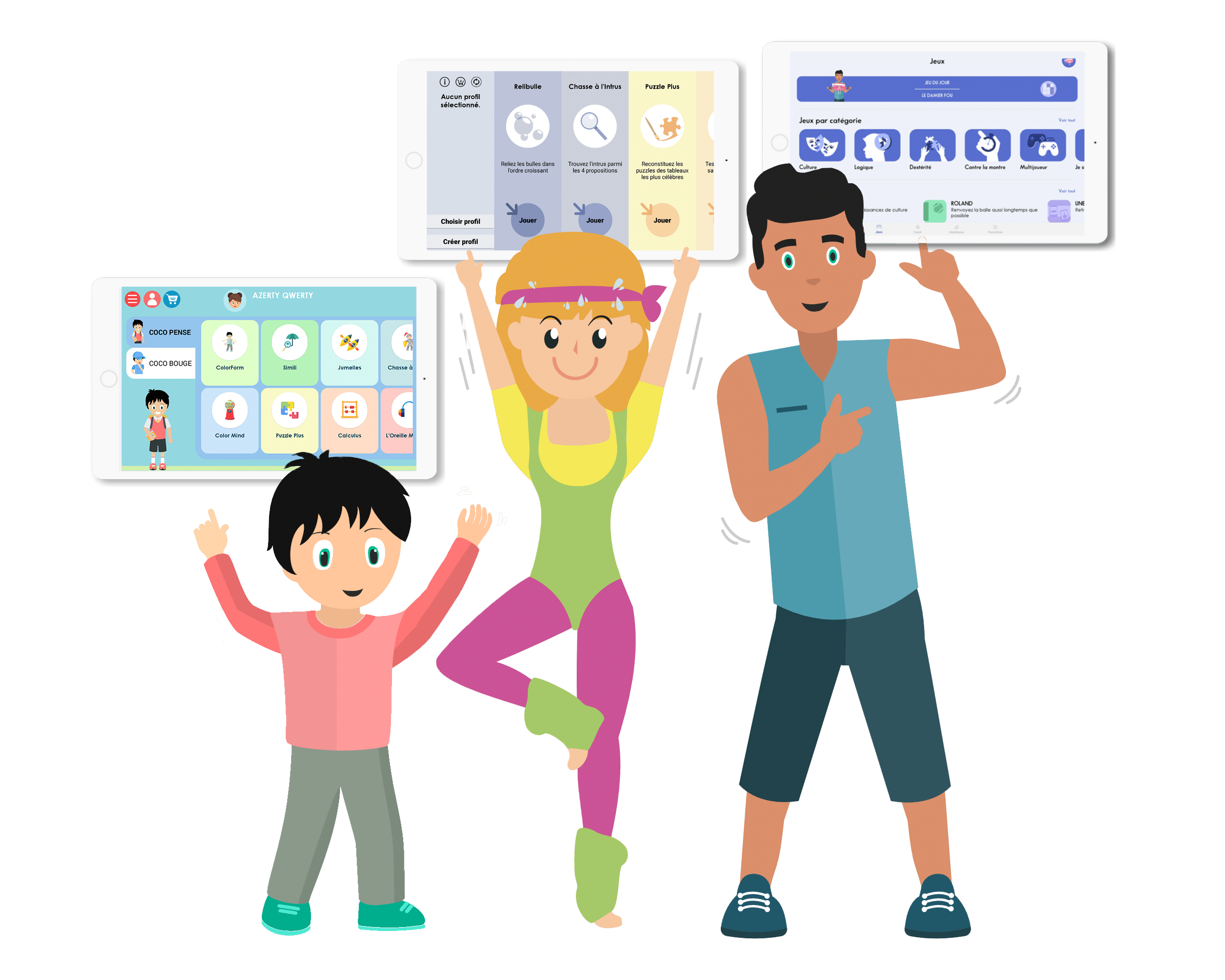
ALL DATA SHEETS – COGNITIVE STIMULATION
Cognitive flexibility: what is it and how to improve it?
Cognitive flexibility is an important aspect of our brain that allows us to adapt to new and changing situations. It is closely related to other cognitive functions, such as working memory, attention and inhibition. In this article, we will explore what cognitive...
Neuronal plasticity: what is it and how can it be improved?
Neural plasticity is a term used to describe the brain's ability to change in response to experience and the environment. Scientists have discovered that the brain is capable of changing and adapting to new situations throughout life. This means that even adults and...
Supporting children with autism
Dynseo proposesSUPPORTING CHILDREN WITH AUTISM with COCO THINKS AND COCO MOVESDynseo and its team are very much involved in the development of children, and our goal is to allow all children to develop in harmony and serenity. For some children, development is...
What activities to do with a dyspraxic child?
Dynseo proposesDYSPRAXIA with COCO THINKS and COCO MOVES and the ROLLING BALLDyspraxia is a very common disorder that can affect 5-7% of children between the ages of 5 and 11, but persists into adulthood. It is possible to find strategies to limit the difficulties or...
How to work on visual gnosis?
Visual gnosis refers to the ability to perceive an object through our vision, to represent it and to grasp its meaning. Mélanie Chabloz from the neuropsychology and neurorehabilitation department at the CHUV of Lausanne in Switzerland, tells us more about visual...
Speech and language therapy assessment for adults
The speech therapist can also treat adults, not just children. Indeed, an adult may need to be followed by a speech therapist for several reasons. Sometimes, one can have disorders since birth, such as deafness, or since childhood, such as language disorders, which...
Some speech therapy exercises to do at home
The speech-language pathologist works to rehabilitate and maintain an individual's language skills. It uses speech therapy exercises and games. Some exercises can be done at home. Which ones? Here are some speech therapy exercises to do at home... Discover!...
Is my child dyspraxic? Signs and support
Dyspraxia is a common disorder that affects an average of 6 out of 10 children. This figure only includes children between the ages of 5 and 12. It is described as a neurodevelopmental disorder. Alcohol and tobacco use during pregnancy could induce the onset of...
Supporting DYS children with COCO THINKS and COCO MOVES
Dynseo proposesDYS disorders with COCO THINKS and COCO MOVESOur educational and pedagogical games program COCO THINKS and COCO MOVES is widely used by DYS children, and we are proud to support all DYS disorders: dyslexia, dyspraxia, dysphasia, dyscalculia, ... In this...
Cognitive memory
Cognitive functions: memory Memory is an essential cognitive function for our lives. It allows us to store information, to retain it and to "get it out" when we need it. Memory is the basis of our personality as it collects our knowledge, memories, experiences...
Language development
Children communicate from birth with movements, crying, looking at each other or with smiles. After only a few months, the child starts to communicate orally, with sounds or with the so-called lallation. As the child grows, communication continues to improve and it is...
Supporting children with ADHD
Dynseo proposes ADHD with COCO THINKS and COCO MOVES DYNSEO has been working for more than 10 years in the field of children's education and learning. Our goal is to give all children the same resources and opportunities to have a good development. Dynseo offers COCO...
Supporting children with Down Syndrome with Coco
Dynseo proposesDOWN SYNDROME with COCODown syndrome is a non-hereditary chromosomal abnormality that leads to the presence of three chromosomes 21. This pathology influences the development of the child who reaches the stages of its development with a more or less...
Supporting people with Parkinson’s disease
Dynseo proposesPARKINSON'S DISEASE with the ROLLING BALL, CLINT and SCARLETTParkinson is a neurodegenerative disease whose causes are still unknown. The main symptoms motorically occur through tremors, weakness or slowness in movements. But we can associate to them...
Supporting people after a stroke
Dynseo proposesStroke with CLINT, your brain training coachThe Dynseo team is very involved in helping people who have suffered a stroke. That's why our Clint program helps stimulate the brain in people after a stroke. With over 30 games already available, players use...
COGNITIVE FUNCTIONS BY PROGRAM
By clicking on your coach’s icon, you’ll have access to a frieze that lets you choose games according to the cognitive functions you wish to stimulate: attention, semantic memory, language, etc.
FOLLOW A 4-WEEK TRAINING PROGRAM
ATTENTION PROGRAM
For 4 weeks, follow our program to work on attention by playing our specially selected games for 15 minutes a day.
MEMORY PROGRAM
For 4 weeks, follow our program to work the memory by playing our specially selected games for 15 minutes a day.
LANGUAGE PROGRAM
For 4 weeks, follow our program to work on language by playing our specially selected games for 15 minutes a day.
PLANNING PROGRAM
For 4 weeks, follow our program to work on your planning by playing our specially selected games for 15 minutes a day.
PERCEPTION PROGRAM
During 4 weeks follow our program to work on perception by playing our specially selected games for 15 minutes a day.
Be accompanied online by a memory training coach
Book 1 hour sessions with our DYNSEO expert. During the coaching session, using the COCO, Clint or Scarlett application, the expert will suggest certain games according to the cognitive functions you wish to improve (attention, memory, language, etc.). He will be able to advise you on the best games to play for your goal, and provide you with strategies to implement.
Coaching can be booked by :
- Individuals who want support in using our programs: training at home alone can be difficult. We can lose our motivation if we have no one to play with. Sometimes a loved one can initiate cognitive stimulation activities, but patience is required and an outsider may be easier.
- Individuals who are followed by health professionals but who also do activities at home: between sessions with the professional, you can train at home. The expert can advise you on the most suitable games for your needs.
- Individuals who are waiting to begin a course of treatment : waiting times to make an appointment with a speech-language pathologist can be very long. During the wait, you can start your cognitive training and be followed by our expert to perform activities together.
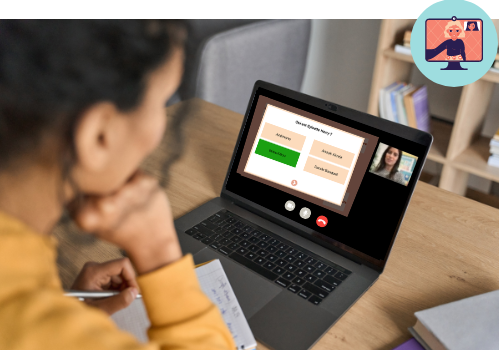
If you or your loved ones have cognitive problems or frailties, it is important to be monitored by a doctor or health care professional. Coaching is a tool to accompany the use of our programs on the tablet. It does not replace a speech therapy assessment. If you are using our programs because you have a medical condition, talk to your doctor.
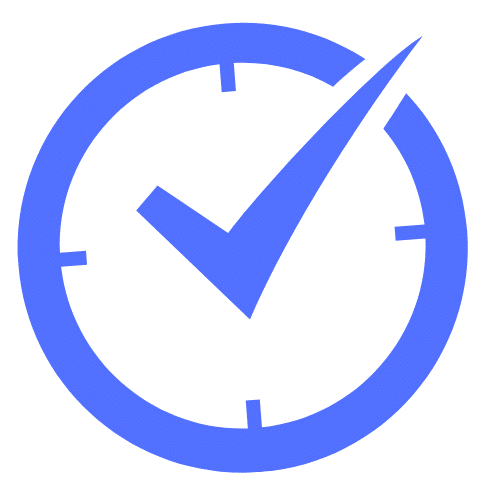
A quick appointment
Without leaving your home
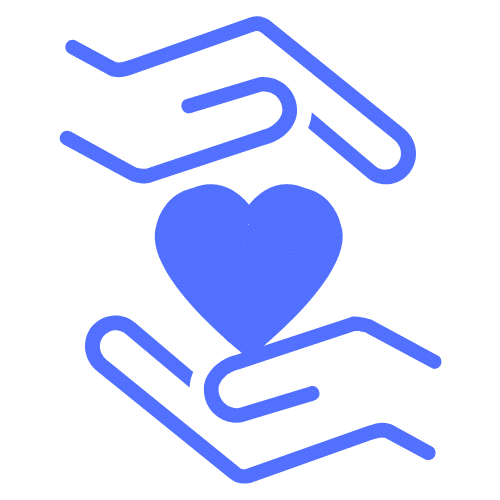
Advice tailored to your needs

